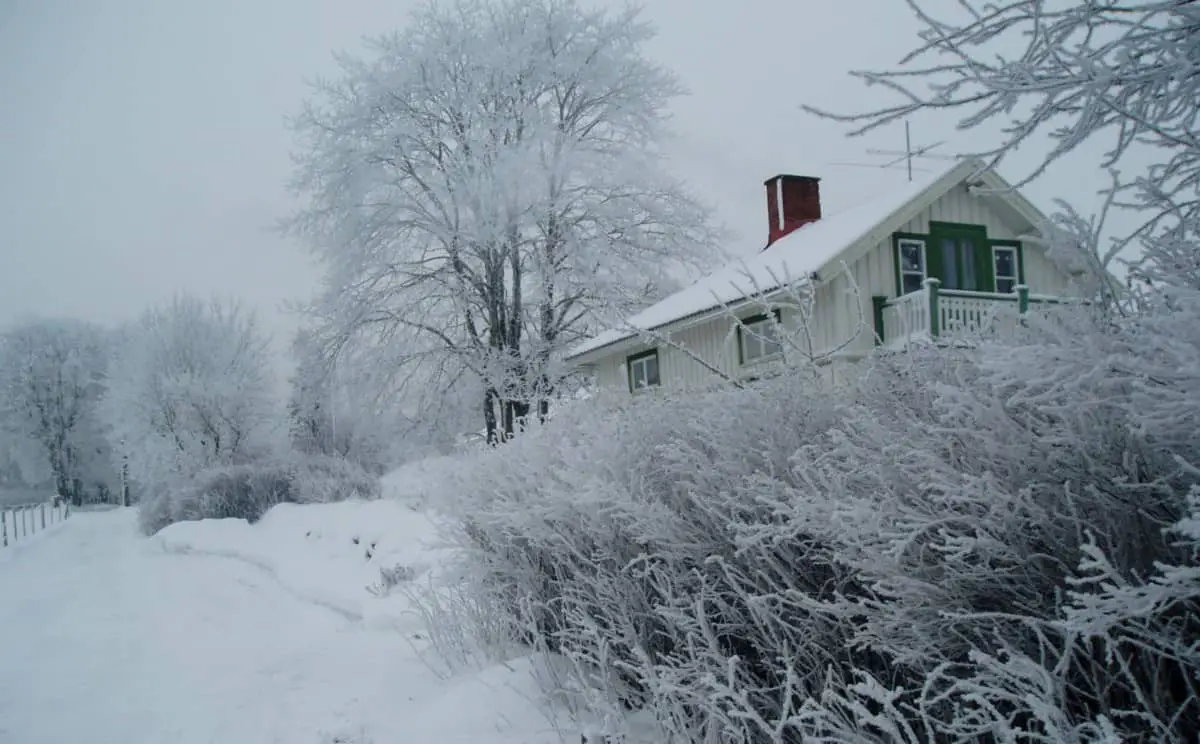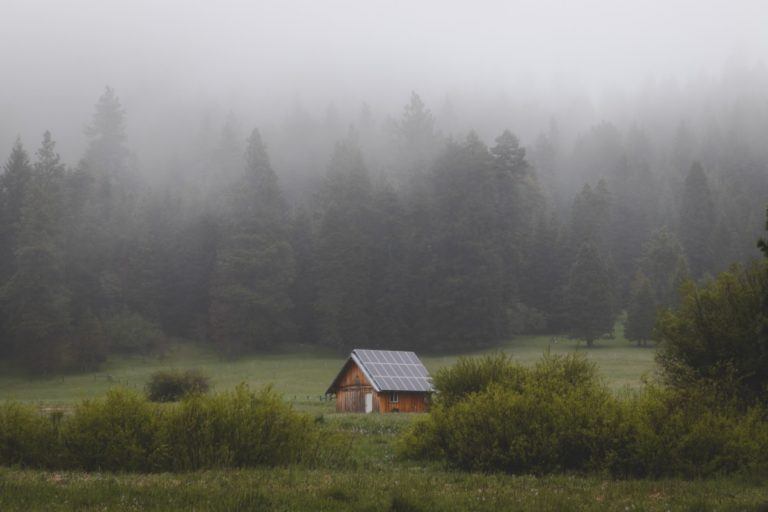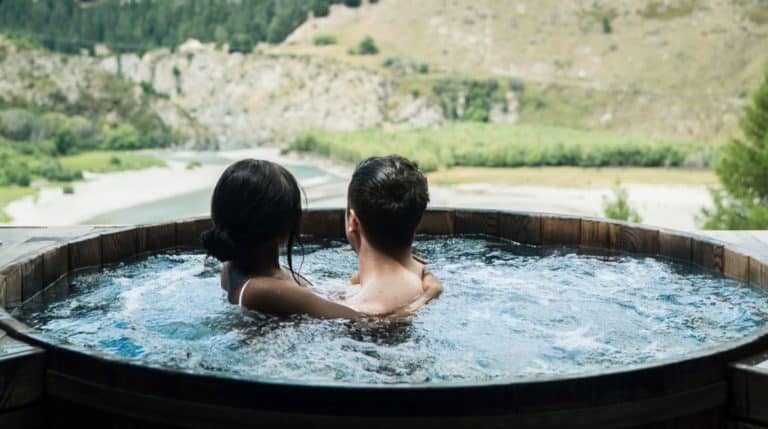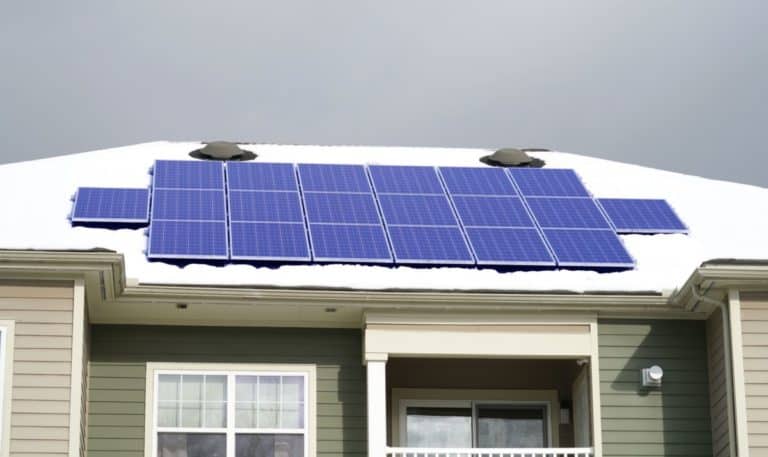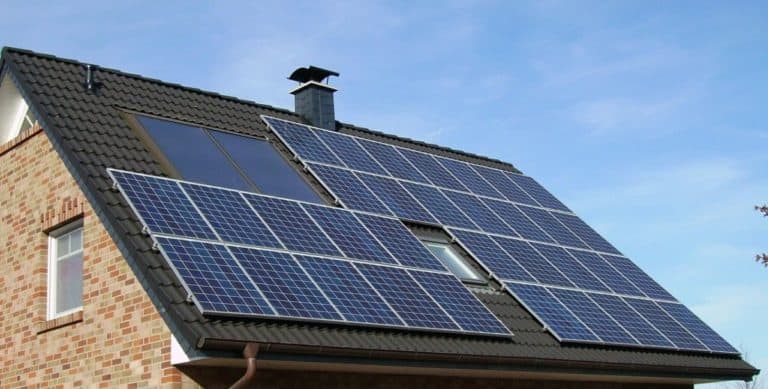11 Challenges of Going Off-Grid and How to Overcome Them
The thought of going off-grid is exciting, but it also requires money, commitment, and hard work. What are the challenges faced when you take your home off-grid?
The challenges provided by an off-grid lifestyle depend on your location, your mindset, and the resources available to you. Many of them can be overcome with resilience, determination, planning, and a creative approach.
This list will introduce you to some of the challenges faced when committing to an off-grid lifestyle. It also has several suggested solutions; they won’t all apply directly to you, but could be a useful start point for your own situation.
Table of Contents
1. The initial cost
In most cases, the first expenses of taking your home off-grid are costly. Installing solar panels, purchasing low-power appliances, implementing a water supply, and a sewerage system. There are often cheaper ways to do some of these tasks, but the budget or DIY approach can occasionally mean that you end up paying more later.
Solutions:
- Going off-grid doesn’t have to happen all at once. Spread the cost as much as you can and do a little bit at a time. This way, you can have time to save up money or learn the skills to do the job yourself.
- Do you have items you don’t want anymore? If you’re getting new low-power appliances, make sure you sell the old ones. Every little bit you can earn back will help in the long run.
- Get to know as many other people who live off-grid as you can then if you may be able to save money by swapping items or skills. You may be great with electrics but not so good with plumbing, offering to help someone with their tasks may mean that they will share their expertise with you.
Related reading: How to develop your income off-grid.
2. Water supply
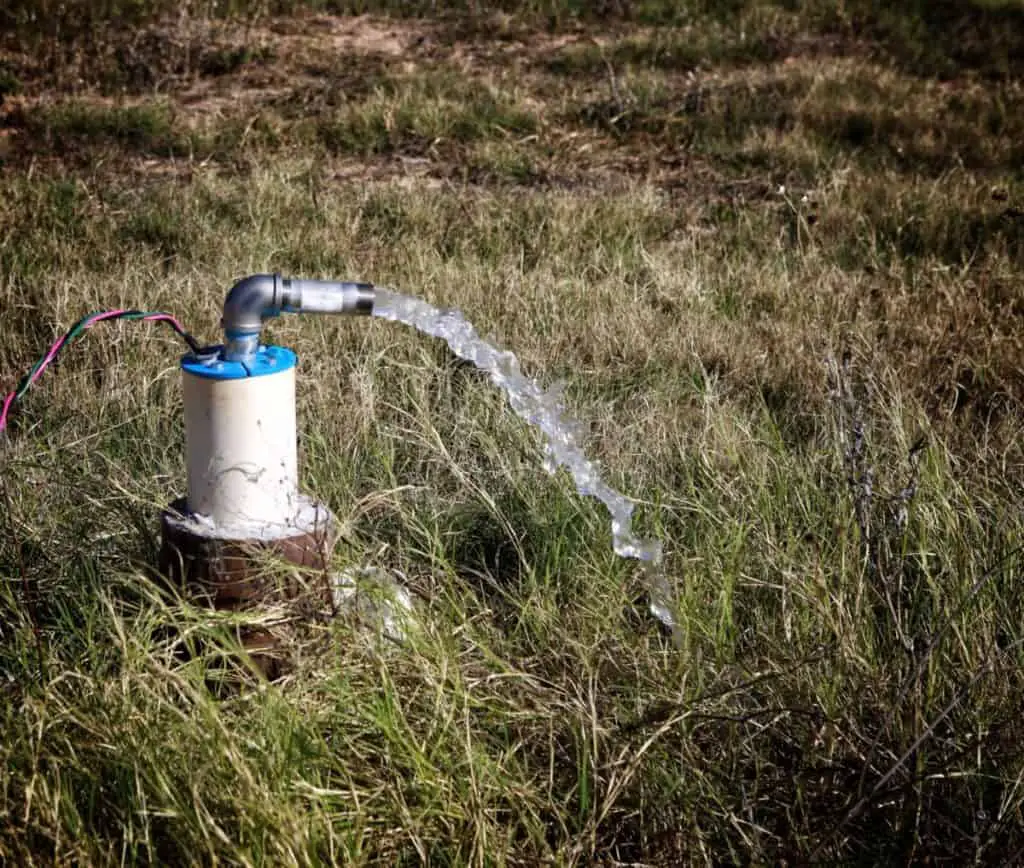
Providing your home with an off-grid water source can be one of the most challenging and expensive parts of going off-grid. It can be implemented in many ways, but ultimately you will be choosing from a water source like a well or stream, harvesting rainwater, or buying it in.
Whatever you decide, the process of getting the water from where it is into your taps can be tricky.
Solutions:
- Don’t rush the process, if you’re still connected to utility water, stay connected until everything is completely ready. Don’t be afraid to buy water in if necessary, it may not be the ideal off-grid solution, but it will keep you going until you can find a long term supply.
- Get creative; if you can’t harvest enough rain from your roof, try installing a tarp or frame system to increase the size of your collection area.
- Pumps can be expensive, look at the terrain around your property, are there any hills or inclines, or could you raise your water tank? Using gravity is a great way to create water pressure to get it where it’s needed.
- Use as much of your existing plumbing as possible, only replace existing systems if necessary. Using pipes, cisterns, and taps that are already in place can save you hundreds of dollars.
Related reading: How to get an off-grid water supply without a well.
Click here to read my recommendations for the best water supply and plumbing equipment.
3. Sewerage
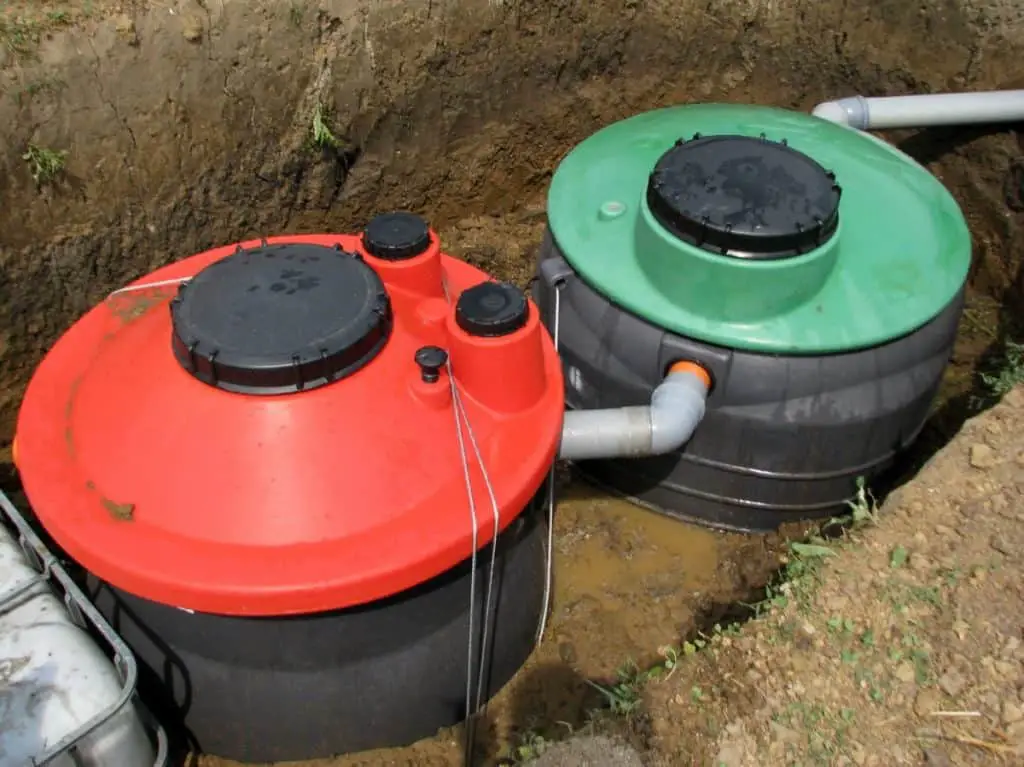
Working sanitation systems can make or break an off-grid home. If you don’t get it right, you could end up in a smelly situation, and you may even be in breach of local health code. Installing septic systems are expensive and need to be done right to work effectively.
Solutions:
- Septic systems can be installed cheaply. Large containers suitable for the job can often be bought second hand for a couple of hundred dollars. However, if you’re uncertain, it may be best to get a professional to advise you or to complete the installation.
- Composting toilets are an excellent way of dealing with waste, and they are significantly cheaper than septic systems. You can either make one yourself or buy one. Nature’s Head make toilets that are self-contained and designed to reduce any bad smells.
Related reading: The complete guide to off-grid wastewater management.
4. Power source
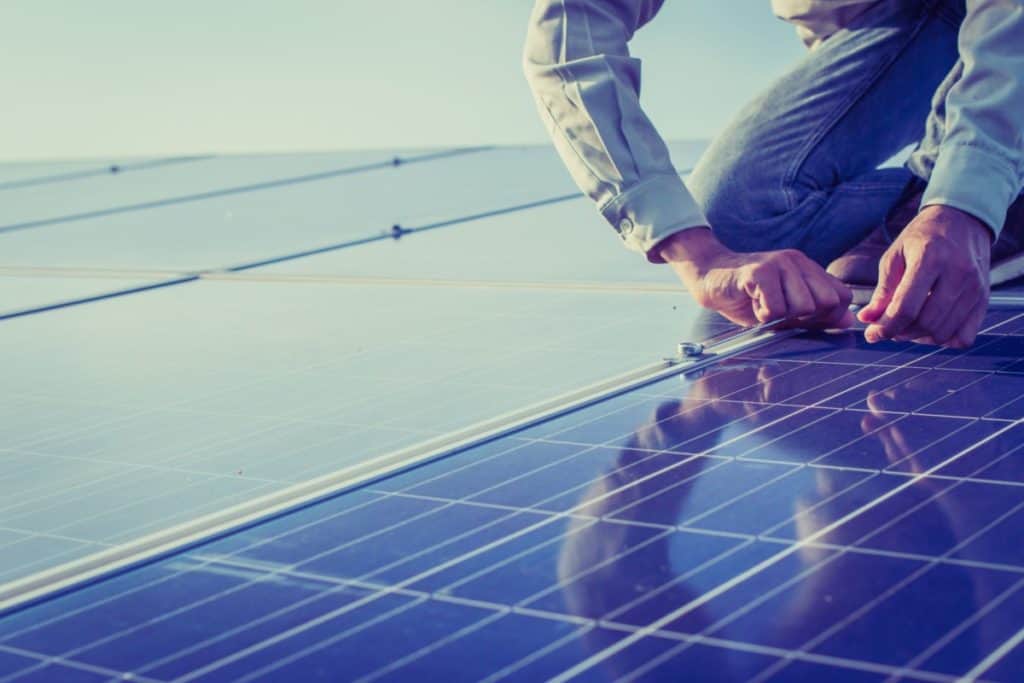
Powering your off-grid home is often the big worry for those who are about to leave the grid. The components of a solar power system seem complicated, and the maths involved in working out your system load can be overwhelming. Also, many people think that solar systems won’t be able to provide enough power to live comfortably.
Solution:
- The great thing about solar power is it is the challenge but also the solution. Despite appearances, solar power is remarkably straightforward. Once you speak to a few solar companies and look at some of the equipment, it will quickly become clear.
- If your solar power system is sized correctly for your needs, you will probably be surprised by how much power you have. Some off-gridders find themselves with so much power they genuinely don’t know what to do with it.
- An excellent way to begin to understand solar power is to buy a small 50w or similar panel, a battery, and a charge controller. This hands-on experience of setting up a small system will help you to get your head around what is involved in a larger system. See the small panel I recommend on my best solar power equipment page.
Related reading: How many solar panels do I need to run my off-grid home?
5. Zoning restrictions
Zoning restrictions and building code can be a real problem for off-grid homes. Sometimes you might find rules that favor people using city utilities.
Now and then, you hear stories of people being prosecuted for using solar panels or harvesting rainwater. However, most of these situations are extreme cases with other factors involved.
Solutions:
- Before you make any changes to your home, research any restrictions that may be in place locally. Speak to your neighbors and other people who have gone off-grid in your area and ask if they have faced any legal issues.
- If you do find some zoning problems that may prevent you from disconnecting from the grid, or require you to have a specific septic system, it can be worth taking legal advice to see if they can be challenged. Some restrictions exist for reasons that are now out of date or conflict with other provisions of the law in your area.
You might like to find out the restrictions in each state, in my article: Is it legal to disconnect your home from the electricity grid?
6. Growing your own food
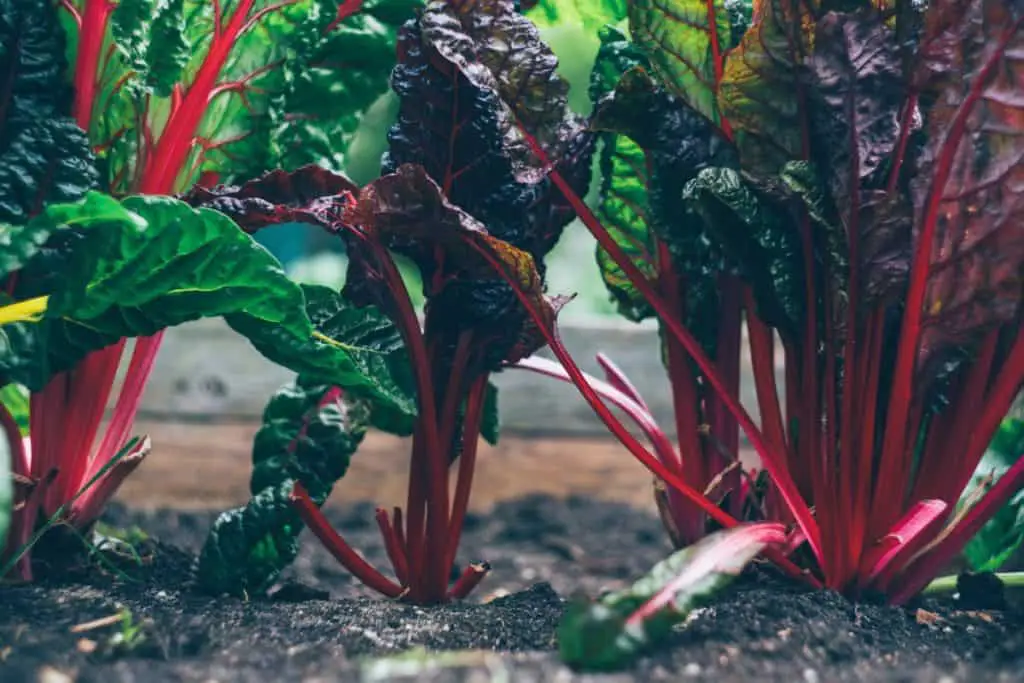
If for you, going off-grid means producing the food that you eat, you may face several challenges. The largest of these is what land is available to you. Is it big enough? Is the soil right? Do your strategies suit the resources you have available?
If you’re converting your existing home, you may not have a handy ten acres to grow the food you need. Even if you do, you may be concerned that you don’t know how to make it a success. This is a particular challenge for those in an urban environment.
Solutions:
- The key to overcoming the challenge of feeding your family from your land is to start small. Don’t expect to be able to produce everything you need straight away. Try creating a staggered plan to build up the amount that your land produces slowly.
- Using a soil tester will tell you the pH, moisture, and light levels of your garden. Once you have this information, there are lots of natural things you can do to adjust the soil, or you can choose plants that will suit it.
- Small gardens and urban yards may not yield everything that you need, but you will probably be able to produce more than you think. Adding window boxes, raised beds, pots, and hanging baskets can significantly increase your growing capacity.
- Gardening strategies like urban homesteading and mixed vegetable gardening provide ways to get more out of a small area.
I recommend Gardener’s Supply Company for any extra equipment or information you might need. SeedsNow is a great place to visit for all your vegetable seeds and NatureHills has you covered for plants and fruit trees.
7. Having enough time
However, you choose to manage the transition to off-grid you will be amazed at how much there is to do. Finding enough time to achieve everything is close to impossible.
Most days are spent doing day to day jobs, trying to keep money coming in, tending the garden, doing the washing, teaching yourself plumbing from YouTube videos, and wondering why your compost toilet smells funny. Paradoxically, you may still reach the end of the day with the feeling that you’ve achieved nothing.
Solutions:
- This challenge is likely to be solved in a way that is unique to you. Some people find that writing lists and prioritizing tasks helps. Others prefer to share responsibilities between family members. Whatever you choose to do, trying not to do it alone is essential. Reach out to family and friends and talk it over. The chances are that they all wish they had more time too.
- One thing that may be useful is to remember that the ideal off-grid life is never achieved overnight. Don’t worry if you haven’t quite managed to sort out an alternative water source yet, or if you still need to supplement your home-grown veggies with those from the local farmers market.
- Many people who live off-grid don’t achieve half of the tasks they cooked up when they were planning to go off-grid, and that’s ok. As long you have enough to get by right now, and you’re slowly moving in the right direction, then you’re doing great.
8. Isolation
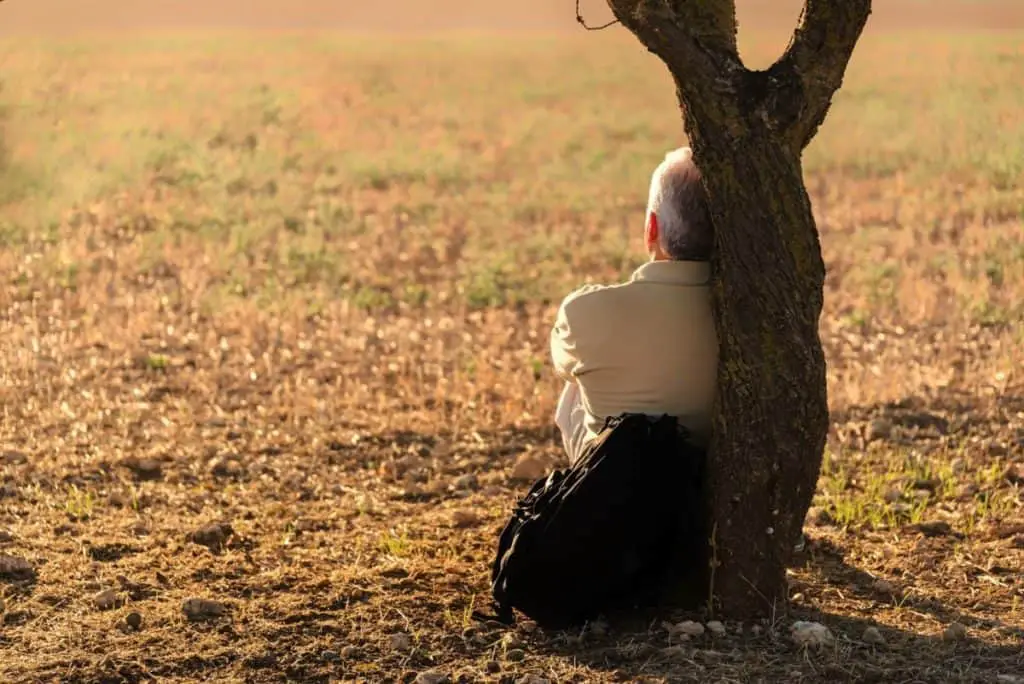
Whether your off-grid home is miles from your nearest neighbors or you’re in a tiny two-roomed house in the city, going off-grid can be lonely. Because you’re carrying out lots of work on your house to make the necessary changes, it’s easy to forget what’s going on outside and to lose contact with friends and family.
Even if you do continue to see friends, unless they understand what you’re trying to achieve, it can be difficult to reconnect. This can happen at any time, but in areas with harsh Winters, it can be particularly apparent.
Solutions:
- Off-grid communities are a great way to build connections with others who have some insight into what you’re going through. Connections made with other people who live off-grid can produce some very useful benefits.
- You can share experiences, swap skills, borrow tools, and sympathize when things don’t go as you expected. Some off-grid communities can be found online, and others can be found by asking around locally. Talk to people in your area and see if you can find people with similar lifestyles to connect with.
- Having a decent internet connection is possible off-grid and can be an excellent way to reduce the feeling of isolation. Using video chat to keep in touch with friends can be done on the spur of the moment and takes less time than going to visit them.
- Despite being able to contact and make connections over the internet, if it is available to you, meeting in person is essential. Try to make a conscious effort to prioritize regular meetups with friends and neighbors. This will help you to feel part of a community rather than on your own.
9. Backup generators
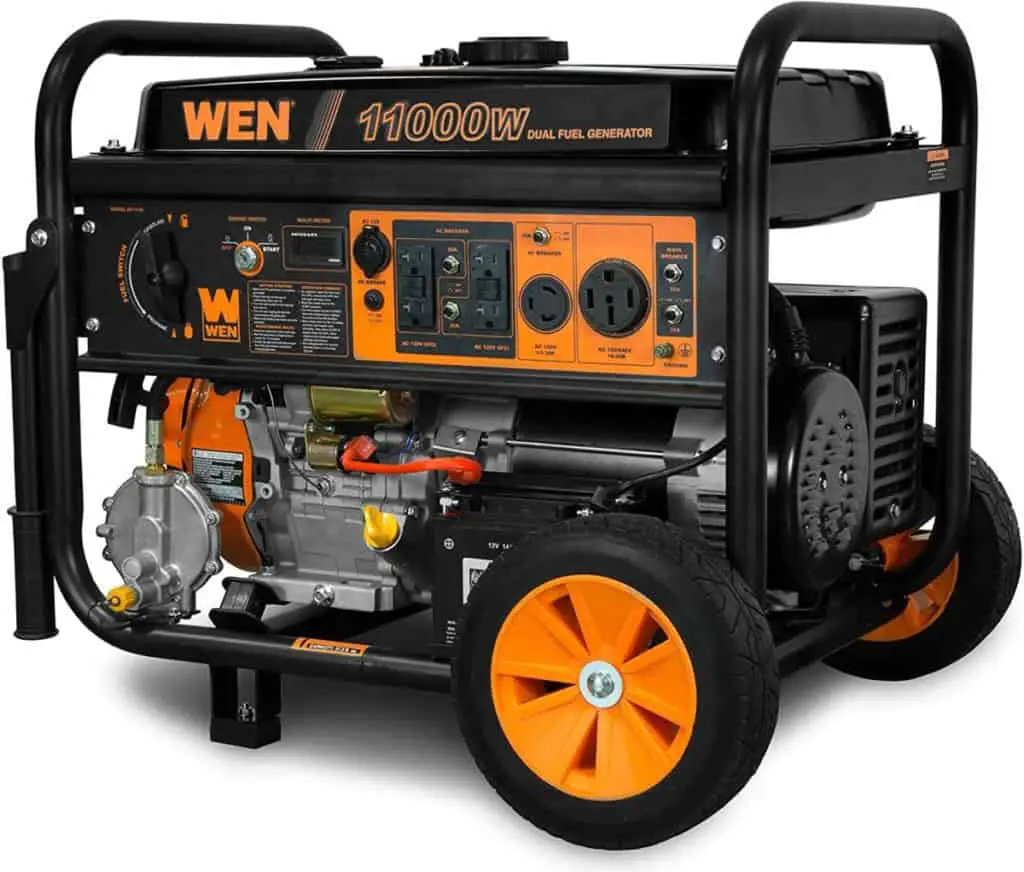
For some people, a backup generator is no problem at all, but others find them to be a challenge. They can be noisy, use lots of fuel, and hearing them may remind you that you aren’t yet living completely off your solar panels.
They can also be an extra expense if something goes wrong, and many off-gridders know the pain of realizing that it’s run dry and completely seized up.
Solutions:
- Getting a second hand ‘bargain’ generator is a false economy; getting the right one from the start will save your frustration and money. A generator that matches your requirements perfectly, can be a joy.
- Look out for those that are quiet running and have safety features like automatic cut-off to prevent them from running dry. It’s also possible to get generators that are incredibly efficient and will minimize your fuel usage.
- If you feel that using a generator doesn’t fit with what you want to achieve, talk to other off-gridders. Many have a generator as an integral part of their off-grid systems. It’s an essential backup in case of bad weather.
- If you don’t want to stick with a generator, look at some alternatives. Would a wind turbine work for you? It isn’t as reliable as a generator, but it will give you another source of power, and the wind can blow even when the sun isn’t shining.
Click here to read my recommendations for best solar panel equipment and generators.
10. Expectations of ‘off-grid’
Before you make the move to go off-grid, you’ve likely spent months, possibly years thinking about the life you want to create. A large part of that will be connected to your own personal definition of off-grid living.
Some people see off-grid as being 100% self-sufficient and using no outside resources. Others will disconnect from the power utility but be happy to remain connected to sewerage systems and water utility.
Sometimes, what you believe off-grid to be can become restrictive. It can prevent you from feeling happy until you’ve achieved complete self-sufficiency. The reality is that a 100% off-grid lifestyle isn’t possible for everyone or for every home. It’s also true that getting halfway towards being off-grid can be just as enjoyable.
Solutions:
- It doesn’t matter what other people think ‘off-grid’ means; what does matter is that you are working towards your dream, and you’re enjoying it. Just by doing half of the things you’ve planned you will have already made some incredible changes and significantly reduced your carbon footprint and reliance on the state.
- When planning to go off-grid, try to keep an open mind and make some contingency plans in case things don’t go as expected.
- Prioritize what you want to achieve and let some of the other things go. Which is more important to you, that you’re supplying your own electricity or water? Start with the things that really matter to you and try to give yourself a break about the others.
11. Extreme Weather
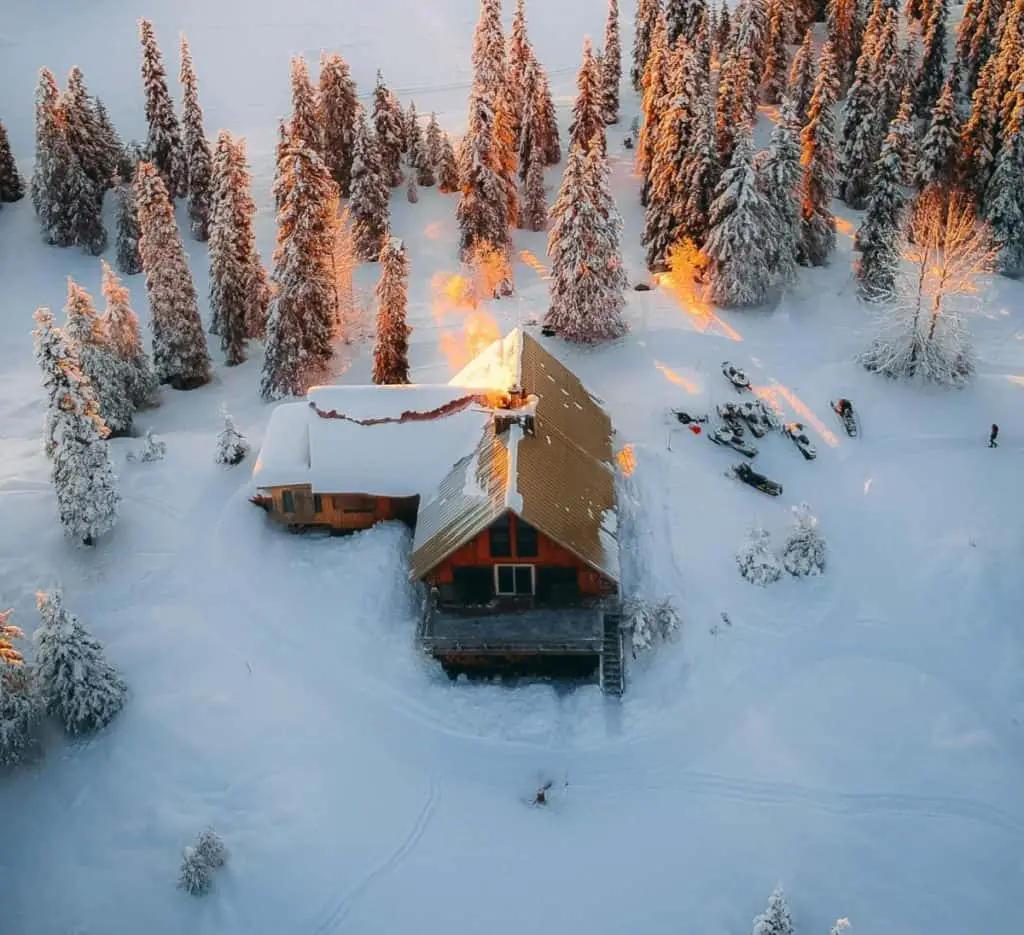
Wherever you live, your off-grid home is likely going to be put through its paces by some extreme weather. You may face incredibly hot days, massive storms, and freezing temperatures.
Appliances that provide warmth or cold air are notorious for using large amounts of energy. The best way to get through severe weather is to plan ahead where possible. Start by sizing up your solar system to include power for some low-power alternatives to AC units and heaters.
Solutions:
- If you’re building your own off-grid home, there are now many features that you can install to make your home weatherproof. Insulation and window placement can make a significant difference in your home’s temperature.
- If you’re converting your existing home, there are still plenty of things you can so. Submerging pipes and cisterns underground is a great way to prevent them from freezing and leaving you without water.
- If you can’t get your pipes underground, it’s crucial to wrap them for the winter. Anything with lots of air bubbles like bubble wrap or polystyrene traps the heat and works well. If you have enough power, heat tape is a long strip containing a heating element that can be plugged into your home supply at one end and wrapped around your pipes at the other.
Related reading: How to prepare an off-grid home for winter.
Conclusion
No doubt choosing to go off-grid is a considerable challenge. Many people choose the lifestyle precisely because of the challenge it presents. For some, it can seem like a long hard slog, but however hard it is, if you’re working hard at it, then it will definitely get easier.
The lifestyle you’ve chosen is one of the toughest possible, but it’s also one of the exciting and rewarding. You’re going to make loads of mistakes and probably feel like you’ve failed on more than one occasion. You will succeed in the end, and when you do, it will be all the sweeter because of all the challenges you’ve overcome.
Check out my recommendations for equipment that will help you take your home off-grid.
My Off-Grid Product Recommendations
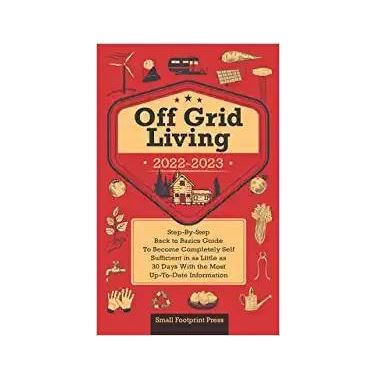
Useful Book: Off Grid Living 2022-2021 – This incredible step by step guide is a great read and gives you useful information about reaching self-sufficiency in just 30 days. Get the paperback on Amazon or read it free with a Kindle Unlimited subscription or listen to the audio version with Audible Plus membership.
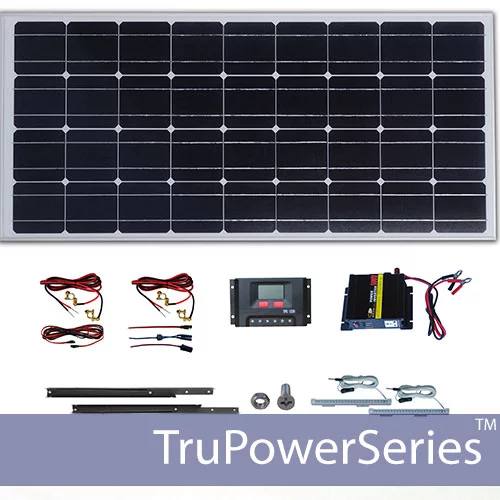
Small Solar Panel Systems: Silicon Solar – This is an excellent company that offers lots of products to get you started on your solar journey. Visit Silicon Solar.
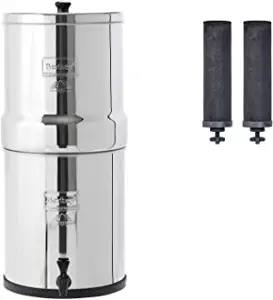
Family Water Filter: Big Berkey – For a fast, affordable water filter with no plumbing required, you can’t beat a Big Berkey gravity-fed filter like this one from Amazon.
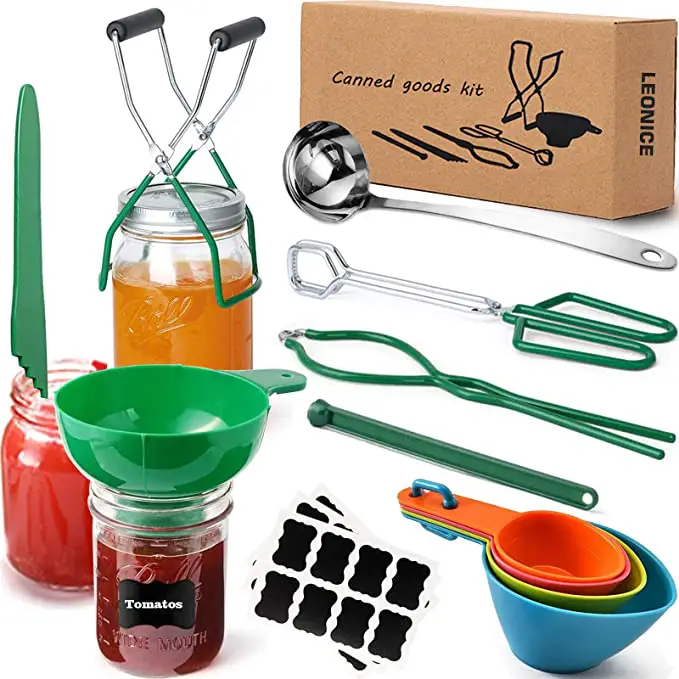
Canning Equipment – This canning starter kit, 22-quart Barton pressure canner and twelve-pack of Ball 16oz mason jars will help you preserve food as you work towards self-sufficiency.
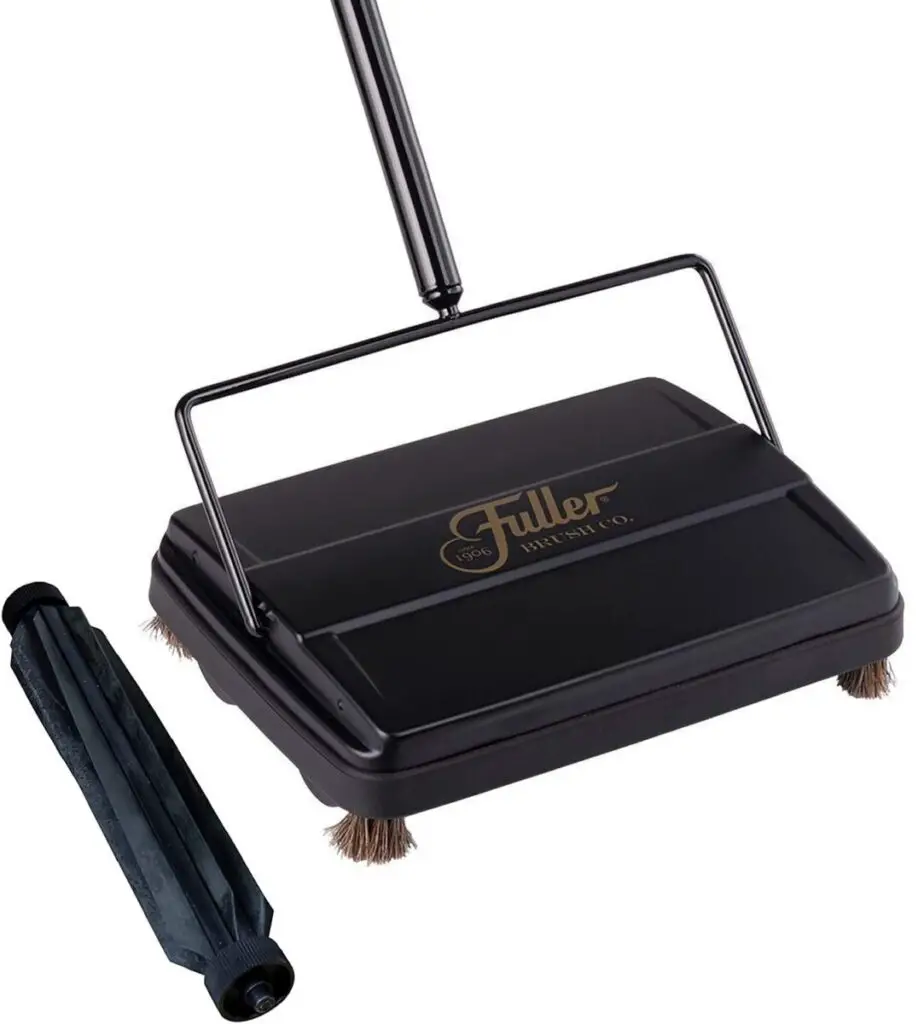
Cleaning: Fuller Carpet Sweeper –. This carpet sweeper is an ideal way to keep your home clean without using up your energy stores on vacuuming.

Handy Knife: Gerber Serrated Paraframe – This handy all-purpose knife is lightweight and ideal for all those little jobs around your home and garden.
